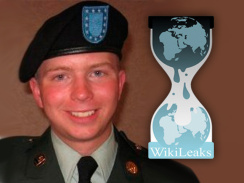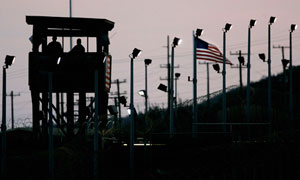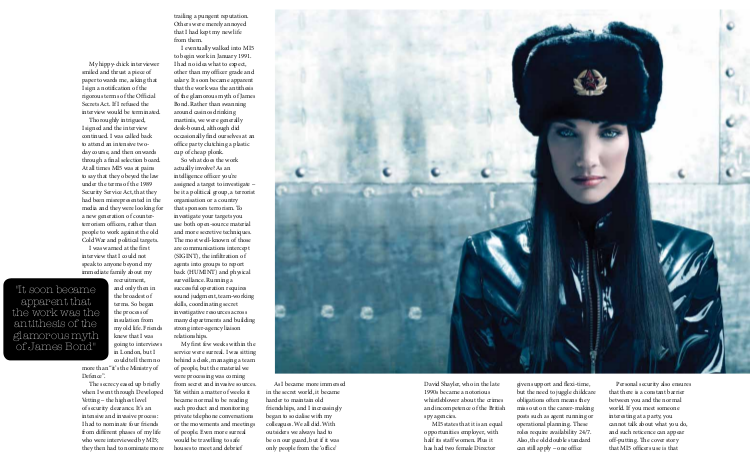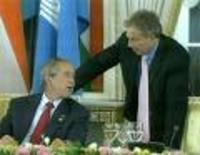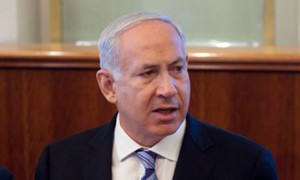I have held back from writing about the Edward Snowden NSA whistleblowing case for the last week — partly because I was immersed in the resulting media interviews and talks, and partly because I wanted to watch how the story developed, both politically and in the old media. The reaction of both can tell you a lot.
That does not mean that I did not have a very positive response to what Snowden has done. Far from it. The same night the story broke about who was behind the leaks, I discussed the implications on an RT interview and called what he did Whistleblowing 2.0.
Why did I say that? Well, it appeared from his initial video interview with The Guardian that he had learned from previous whistleblowing cases: he had watched the media and carefully chosen a journalist, Glenn Greenwald, with a good track record on the relevant issues who would probably fight his corner fearlessly; his information clearly demonstrated that the intelligence agencies were spinning out of control and building surveillance states; he carefully chose a jurisdiction to flee to that might have the clout to protect him legally against the wrath of an over-mighty USA; and he has used his internet and media savvy to gain as much exposure and protection as quickly as possible.
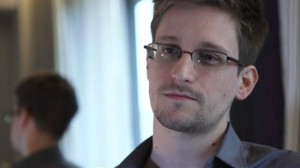 Plus, he has been incredibly brave, considering the draconian war on whistleblowers that is currently being waged by the American administration. There have been three other NSA whistleblowers in recent years, all also talking about endemic surveillance. All have paid a high personal price, all displayed great bravery in the face of adversity yet, sadly, none has achieved the same level of international impact. Were we just deaf to their warnings, or has Snowden played this better?
Plus, he has been incredibly brave, considering the draconian war on whistleblowers that is currently being waged by the American administration. There have been three other NSA whistleblowers in recent years, all also talking about endemic surveillance. All have paid a high personal price, all displayed great bravery in the face of adversity yet, sadly, none has achieved the same level of international impact. Were we just deaf to their warnings, or has Snowden played this better?
I think a bit of both. He’s a geek, a young geek, he will have seen what happened to other whistleblowers and appears to have taken steps to avoid the same pitfalls. He has gone public to protect his family and prevent harm to his former colleagues in any ensuing witch-hunt. And he has fled the country in order to remain at liberty to argue his case, which is key to keeping the story alive for more than a week in the gadfly minds of the old media. I know, I’ve been involved in the same process.
He has blown the whistle to protect an American way of life he thinks “worth dying for”. Yet he has broadened out the issues internationally — what happens in America impacts the rest of the world. This, in my view, is crucial. I have been writing for years that the US is increasingly claiming global legal hegemony over the entire internet, as well as the right to kidnap, torture and murder foreigners at will.
The Patriot Act has not only shredded the US constitution, it also now apparently has global reach for as long as our craven governments allow it to. Now we know that this is not some abstract concept, theory or speculation — we are all potentially being watched
Edward Snowden argued his case very effectively in a live chat on The Guardian newspaper website. It became clear that he is indeed a new generation of whisteblower. This is not someone who witnessed one crime and immediately felt he had to speak out. This is a technical expert who watched, over time and with dismay, the encroaching Big Brother surveillance state that is taking over the world via the NSA and its clones.
He is young, he had faith that a new government would mean change, but in the end felt compelled to take considered action when he witnessed the unaccountable mission creep, the limited and ineffectual oversight, and the neutered politicians who rush to reassure us that everything is legal and proportionate when they really have no idea what the spy agencies get up to.
In both the US and the UK the spies repeatedly get away with lying to the notional oversight bodies about mistakes made, rules bent, and illegal operations. Former senior CIA analyst, Ray McGovern, has catalogued the US lies, and here are a few home-brewed British examples. The internet companies have also been wriggling on the hook over the last week.
Snowden appears to be very aware not only of potential state level surveillance but also the global corporatist aspect of the subversion of the basic companies most people use to access the internet — Google, Facebook, Microsoft, Yahoo, Apple, Skype et al. A few pioneers have been discussing the need to protect oneself from such corporatist oversight for years, and such pioneers have largely been ignored by the mainstream: they’re “just geeks” they are “paranoid”, “tin foil hat” etc.
Edward Snowden has laid bare the truth of this globalised, corporatist Big Brother state. From his public statements so far, he seems very alive to the international aspects of what he is revealing. This is not just about Americans being snooped on, this affects everybody. We are all subject to the brutal hegemony that US securocrats and corporations are trying to impose on us, with no rights, no redress under the law.
 We have already seen this with the illegal US state take-down of Kim Dotcom’s secure cloud service, Megaupload, with the global persecution of Wikileaks, with Obama’s war on whistleblowers, with the NDAA, with the asymmetric extradition cases, with the drone wars across the Middle East and Central Asia.…. where to stop?
We have already seen this with the illegal US state take-down of Kim Dotcom’s secure cloud service, Megaupload, with the global persecution of Wikileaks, with Obama’s war on whistleblowers, with the NDAA, with the asymmetric extradition cases, with the drone wars across the Middle East and Central Asia.…. where to stop?
Snowden, through his incredible act of bravery, has confirmed our worst fears. It is not just corporations that have gone global — surveillance has too. And now, thankfully, so too are whistleblowers.
What troubles me somewhat is the way that the old media is responding — even The Guardian, which broke the story. Glenn Greenwald is an excellent, campaigning journalist and I have no doubt whatsoever that he will fight to the wire for his source.
However, the newspaper as an entity seems to be holding back the free flow of information. Charitably, one could assume that this is to maximise the impact of Snowden’s disclosures. Less charitably, one could also see it as a way to eke out the stories to maximise the newspaper’s profits and glory. Again, it’s probably a bit of both.
However, I do not think this will ultimately work in the best interests of the whistleblower, who needs to get the information out there now, and get the whole debate going now.
Plus, today it was reported that a D‑Notice had been issued against the UK media last week. I have written before about this invidious self-censorship with which the British media collaborates: senior editors and senior military personnel and spooks meet to agree whether or not stories may act against “national security” (still a legally undefined phrase), and ban publications accordingly. And this is “voluntary” — what does that say about our press holding power to account, when they willingly collude in the suppression of information?
Plus, some of the key journalists at The Guardian who were involved in the Wikileaks stitch-up are also now pecking away at the Snowden story. The old media are still continuing to act as a bottleneck of the free flow of information from whistleblowers to the public domain. In the post-Wikileaks era, this is a retrograde step. It is not for them to assess what the public needs to know, nor is it down to them to analyse and second-guess why any whistleblower is doing what they are doing.
As Edward Snowden stated: “The consent of the governed is not consent if it is not informed”.
